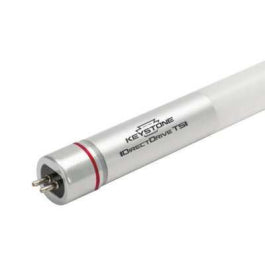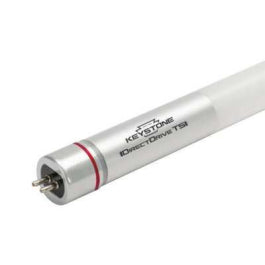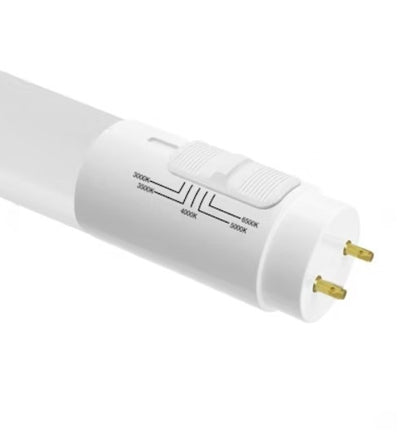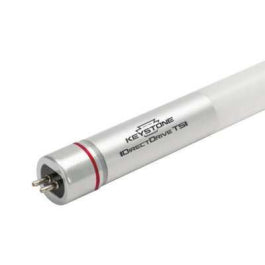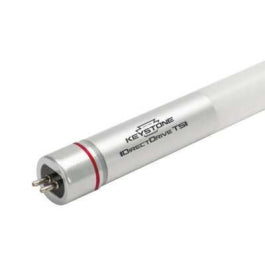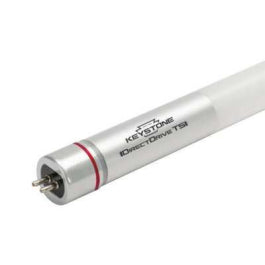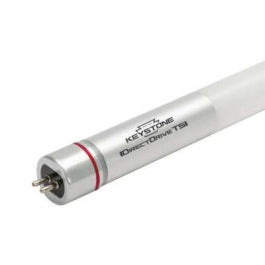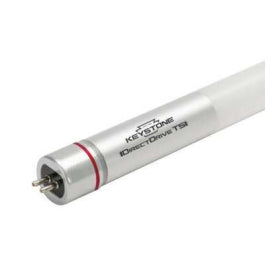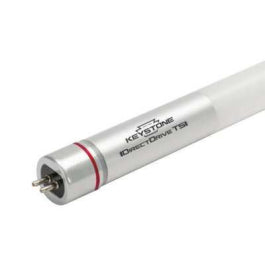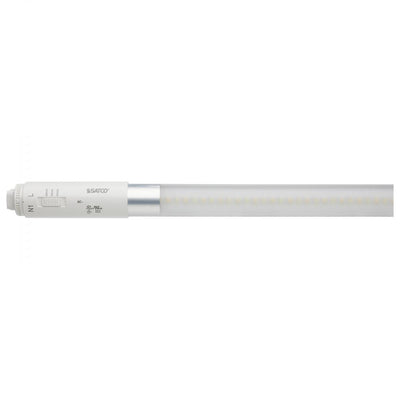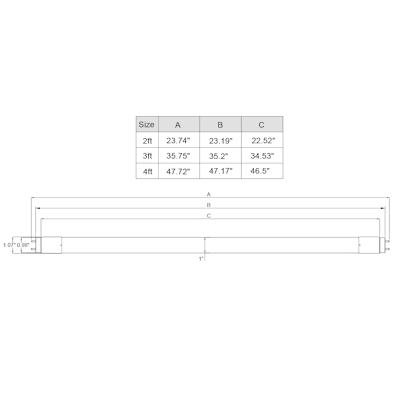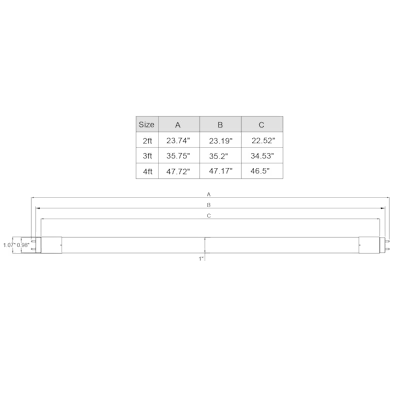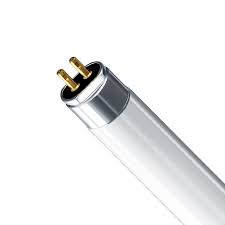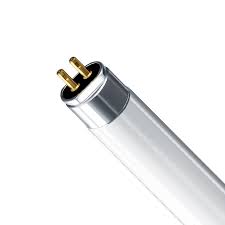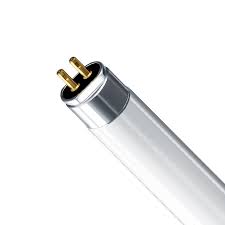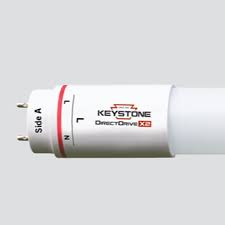LED Tubes
LED Tubes
Upgrade your fluorescent high bays, troffers, and strip light fixtures with our efficient LED tubes from Saddleback Lighting, and experience reduced maintenance and energy costs!
T8 Retrofit LED Tubes
T8 LED tubes deliver the same brightness while consuming less energy than traditional fluorescents. These 4-foot LEDs also have a longer lifespan, cutting down on replacement costs. Opt for dimmable tubes in spaces where adjustable lighting is desired. For food service areas, select shatter-resistant LED tubes that comply with NSF standards. DLC-certified tubes meet rigorous efficiency criteria and can further enhance energy savings, potentially qualifying for local or state rebates.
Types of LED Tubes
We offer four types of LED tubes:
Type A Plug-and-Play: The simplest to install, these tubes work with compatible ballasts—check the ballast compatibility PDF under the product details.
Type B Ballast Bypass: These direct wire lamps require removing the ballast, reducing maintenance and potential failure points. Fixtures must be rewired based on the lamp's single-ended or double-ended operation.
Type A/B Hybrid: Starting as plug-and-play, these lamps can switch to ballast bypass when the ballast expires, offering versatility.
Type C: Featuring an external LED driver instead of a ballast, these tubes eliminate ballast maintenance costs and compatibility issues. The external driver can be dimmed with any 0-10V dimmer, allowing easy light output adjustments.
Tips for Choosing the Right LED Tube
Consider both the color temperature and the ratings/certifications of your LED tubes. Color temperature, measured in Kelvin, dictates the light's hue. Tubes in the 3000 to 3500K range create a welcoming environment, perfect for lobbies and waiting rooms. For offices, classrooms, hospitals, and warehouses, 4000 to 5000K tubes help reduce eye strain and improve visibility.
Check the ratings and certifications to ensure your tubes are suitable for their intended environment. Dry location rated tubes are for indoor use where they won't encounter moisture, while damp location rated tubes can withstand moisture but shouldn't be exposed to direct water contact.


